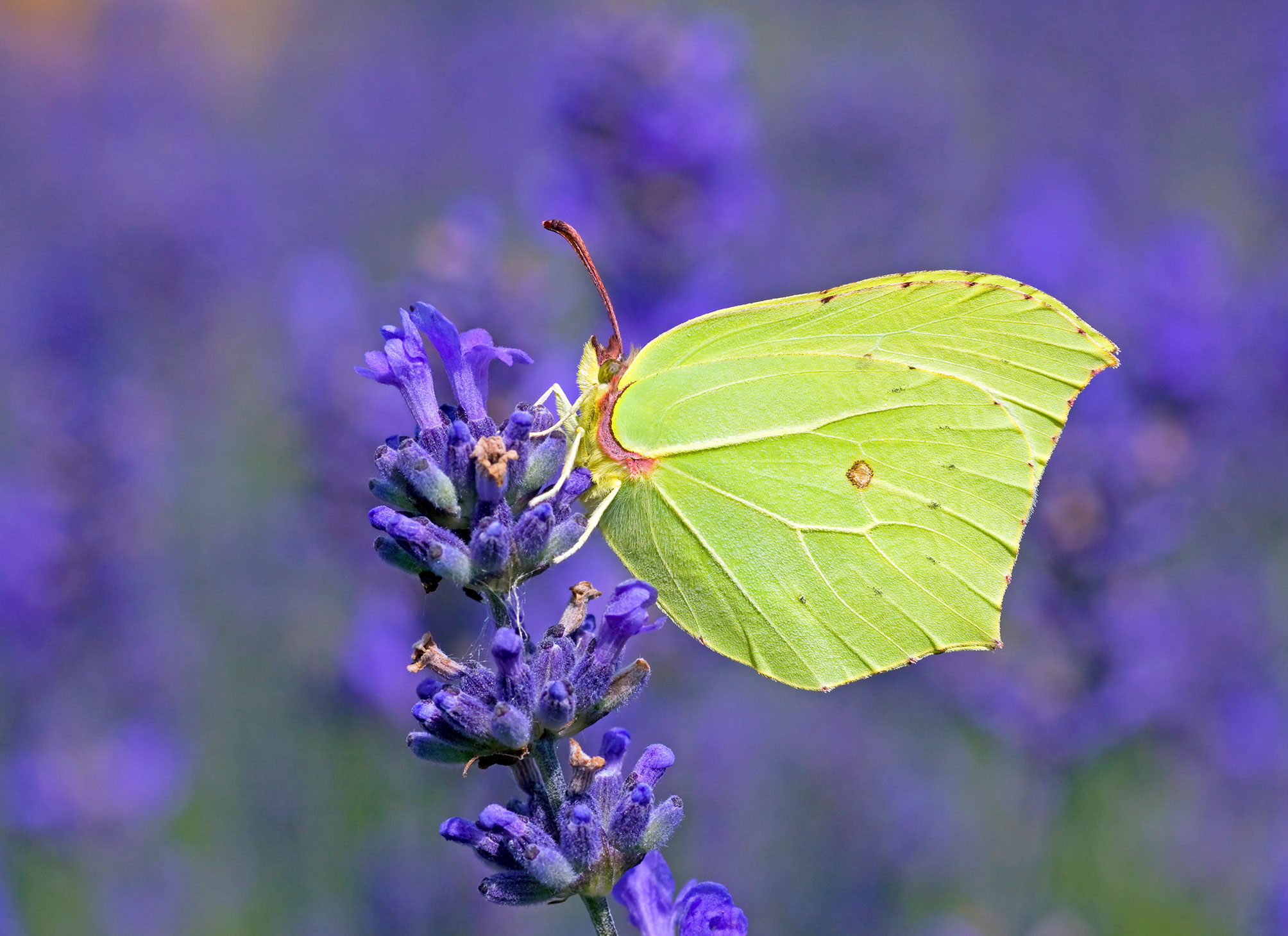I'm going to start with an anecdote about shopping and whales. Bear with me, I’ll get to butterflies eventually.
On a holiday last summer, my son decided to buy a souvenir hoodie. He’s not normally interested in clothes and wears the same few items week in, week out, so I jumped at the chance to get him into something that wasn’t two sizes too small, or falling apart. I was convinced I knew which one he’d pick – in his favourite colour, with a humpback whale motif on the back, and the slogan ‘Save the Oceans’. But to my surprise, he rejected it immediately.
Fifteen minutes later, the decision still not made, I picked it up again. “Why not this one? You love whales.” Again, he turned away. Something in his body language told me all was not well, but by then I just wanted to get out of the shop. I pressed him further, asking what was wrong with the whale hoodie. He’s adored sea life since before he could talk. The answer, and the verge-of-tears catch in his voice, broke my heart.
“It… it just reminds me that we’re killing the planet.”
I can’t tell him it’s not true. At 10 years of age, this holiday to the Isles of Scilly, off Cornwall, is his idea of exotic overseas travel. He does litter picks, rescues injured wildlife, raises money for environmental charities. He is not to blame. None of our kids are. This is on us, the supposed grown-ups of the developed world. We may not be oil barons or corrupt politicians, but we have been warned at length and in ever-more explicit scientific detail of the inevitable consequences of our collective actions and inactions.
Yet still, somehow, we have failed to prevent the loss, in my lifetime, of more than 60% of wild animal life on Earth, or to slow our atrocious acceleration towards climate catastrophe. At times the grief, guilt and rage are almost impossible to articulate.
We’re both experiencing eco-anxiety. There are days I struggle to focus, nights I don’t sleep, friendships I struggle to maintain with people because of their lifestyle choices, and endless heart-searching over my own environmental footprint. Should I even be encouraging my boy to buy new clothes when he could have a hand-down?
I spent a couple of days in Glasgow during COP26. I had no plan, nowhere to stay, but in the preceding week a profound sense of helplessness meant I had two choices – hide and ignore the whole thing (a perfectly legitimate tactic) or go, and see what use I might possibly be. I got there, and it was worse. The lobbying and political games had mired me in impotent anger. But more people started to arrive. Not delegates, but folk from all walks of life. There were drums and songs and banners and smiles. And I remembered that I wasn’t alone, and that nature is having its biggest cultural moment in millennia. Activists and influencers, writers and artists, poets and musicians, film-makers and actors, adventurers and even entrepreneurs are on board. There is, if you choose to tap into it, a network of people who will not only help make change, but also help bear us up when we struggle.
There was a moment, in the thick of one of the Extinction Rebellion events, when a friend turned to me with an enormous grin and said “God, I love saving the planet!” And in the months since, it’s those words I choose to remember, not the empty ones from so-called leaders in the Blue Zone. In times like these, choosing to be happy is radical. And if that is our strategy, nature will help us every step of the way. As D.H. Lawrence observed in his shortest, arguably most powerful poem, ‘Self Pity’, “I never saw a wild thing sorry for itself.”
We need scientists. We need business brains. We even need politicians, unfortunately. But we also need people power, and to harness that, more than anything else we need love and joy – that first-Brimstone-of-the year kind: fragile, but potent. Butterflies are a perfect gateway insect for the ento-phobic, and male brimstones, being the first to emerge in spring, with wings the colour of primroses and sunshine, most especially so. They are, after all, one of those species daring to thrive in these uncertain times. I always point them out to whoever I’m with, because knowing something is the first requirement of loving it. And love is far more motivating than anger, grief or fear. There is no reason we cannot sing, dance, write, dream, laugh, whoop, celebrate and collaborate our way out of this.
Spring is coming. Let’s be more Brimstone.
Dr Amy-Jane Beer is a biologist, writer and campaigner. She has written more than 30 books about science and natural history including Cool Nature, The A-Z of Wildlife Watching and A Tree A Day. She has also edited a number of wildlife publications and writes articles for The Guardian, BBC Wildlife and BBC Countryfle magazine.


